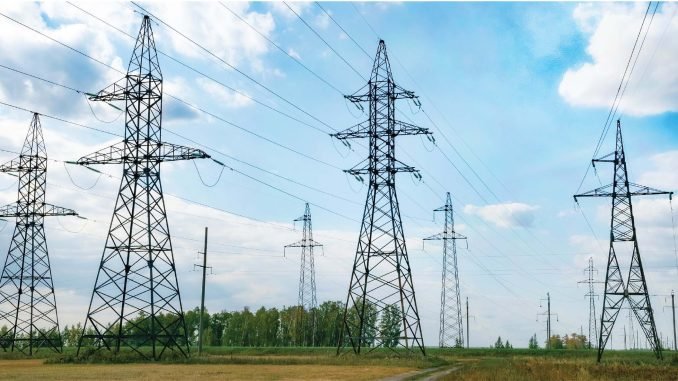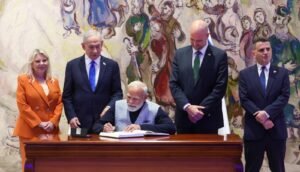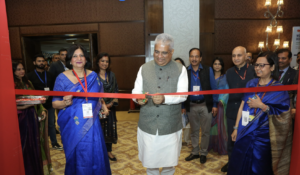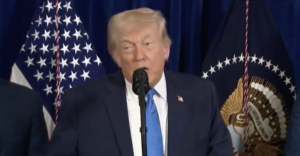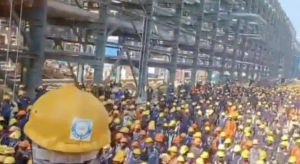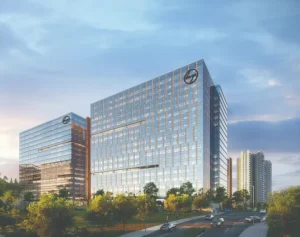New Delhi: The National Coordination Committee of Electricity Employees and Engineers (NCCOEEE) has announced massive demonstrations against the upcoming Distribution Utility Meet scheduled for 04 and 05 November in Mumbai. The meet, which centers on the agenda of electricity privatization, has triggered widespread opposition from power sector unions and federations across India.
In a decisive online meeting chaired by Subhash Lamba, Vice President of NCCOEEE, the committee resolved to launch a nationwide movement opposing privatization policies pursued by both central and state governments. The meeting was attended by key representatives including Shailendra Dubey, Chairman of the All India Power Engineers Federation; P. Ratnakar Rao, Secretary General; R.K. Trivedi, President of the All India Power Diploma Engineers Federation; Mohan Sharma and Krishna Bhuyur, General Secretaries of the All India Electricity Employees Federation; Sudip Dutta, General Secretary of the Electricity Employees Federation of India; and Samar Sinha, President of the All India Power Mens Federation.
Shailendra Dubey expressed deep outrage over the privatization-centric agenda of the Mumbai meet, highlighting the involvement of major private players such as Tata Power, BSES Reliance Power, and the Indian Smart Grid Forum. He also criticized the All India Discom Association for acting as a conduit between the government and private entities.
On 04 and 05 November, thousands of electricity employees are expected to stage protests at the Sahara Star Hotel in Mumbai, the venue of the Distribution Utility Meet. A memorandum will be submitted to Union Power Minister Manohar Lal Khattar, demanding the cancellation of privatization decisions in Uttar Pradesh and Puducherry, the withdrawal of parallel license grants in Maharashtra’s industrial cities, and the reversal of the privatization move in Chandigarh.
In solidarity, simultaneous demonstrations will be held across all state capitals and project sites nationwide. The committee warned that if privatization policies continue, 2.7 million electricity employees, contractual workers, and engineers will be compelled to escalate the movement nationwide, placing full responsibility on the government and management.
The committee also pledged active support to the ongoing 312-day protest in Uttar Pradesh, calling it historic. It condemned the initiation of privatization in Puducherry and strongly opposed parallel licensing in cities like Navi Mumbai, Pune, Nashik, and Nagpur.

